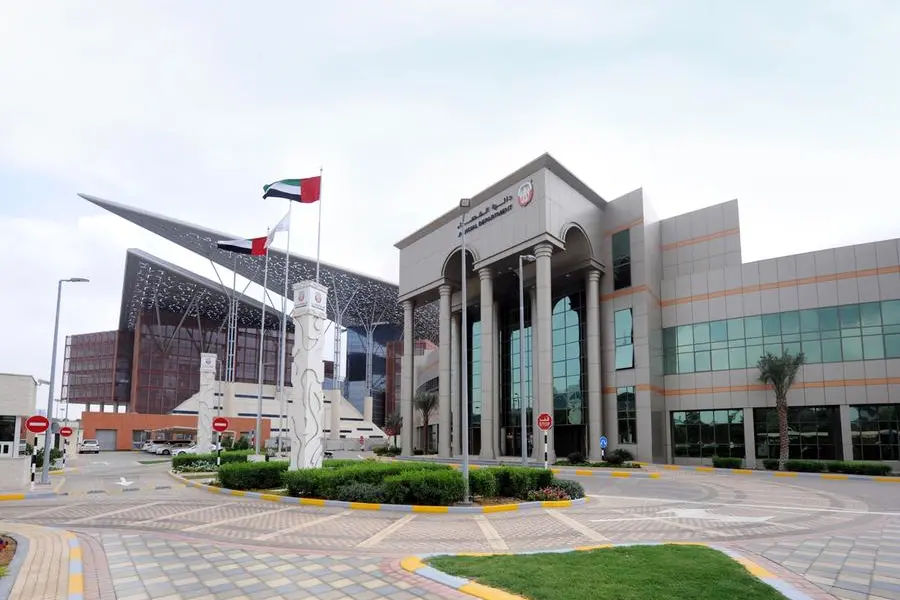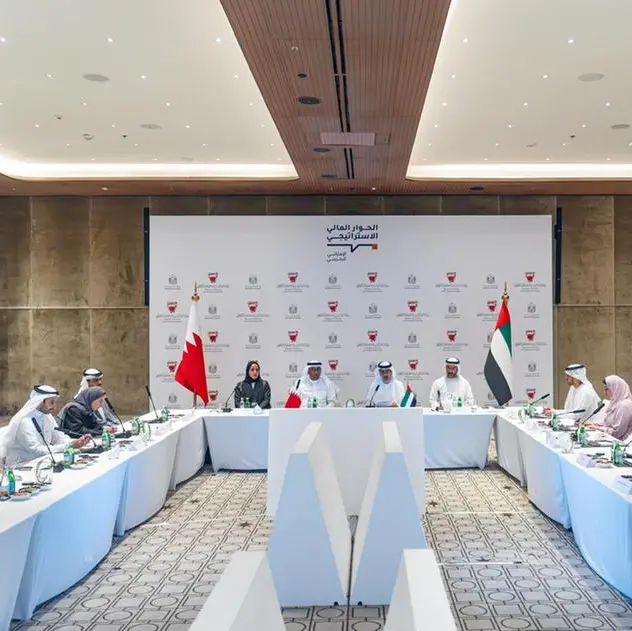PHOTO
The Abu Dhabi Judicial Department, in collaboration with the Abu Dhabi Councils at the Citizens and Community Affairs Office in the Presidential Court, organized an awareness session titled "Children in Safe Hands." The session aimed to raise public awareness about protecting children and emphasized the critical role of parents in safeguarding their children while fostering a secure environment that supports family stability.
This session, specifically targeted at women and held at the Al Reef Council in Abu Dhabi, is part of the "Our Councils" initiative launched by the Abu Dhabi Judicial Department. This initiative is aligned with the directives of His Highness Sheikh Mansour bin Zayed Al Nahyan, the UAE Vice President, Deputy Prime Minister, Chairman of the Presidential Court and Chairman of the Abu Dhabi Judicial Department, to promote legal awareness across society and contribute to ensuring security and stability.
Advisor Alia Al-Kaabi, Head of the Family and Child Prosecution in Abu Dhabi, led the session, discussing the pivotal role of the Family and Child Prosecution in strengthening community protection, safeguarding individuals' rights, and ensuring their safety. The prosecution is responsible for investigating cases of child abuse or neglect, taking necessary legal measures to protect children, and ensuring they have a safe environment. It also acts swiftly in cases of domestic violence or threats against children, collaborating with law enforcement and social care agencies to provide immediate protection.
The session highlighted the Family and Child Prosecution’s efforts in guiding families through awareness campaigns aimed at fostering understanding, reducing conflicts, and preventing violence or family breakdowns. It also focused on raising awareness about children’s rights, family responsibilities, and the coordination with relevant authorities to ensure a supportive environment for children’s rights.
Additionally, the session discussed the legal rights guaranteed by the Child Rights Law, including the right to health and medical care, education, protection from harm, economic exploitation, freedom of expression, protection from bullying or social violence, the right to play and leisure, family care, and the right to live in a safe environment.
The session further emphasized the importance of equipping children with the skills and knowledge to protect themselves and navigate unsafe situations effectively. Key topics included: avoiding sharing personal information, emergency preparedness, refusing unsafe situations, steering clear of strangers, identifying safe places during emergencies, refraining from sharing images or personal data, understanding personal boundaries, learning self-defense, and developing decision-making skills.




















